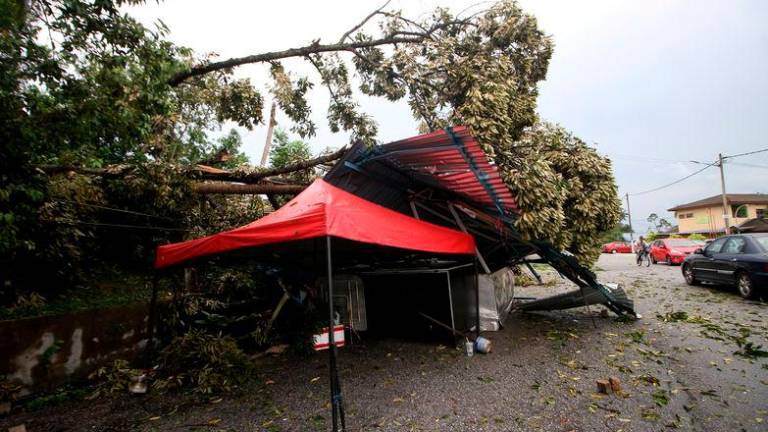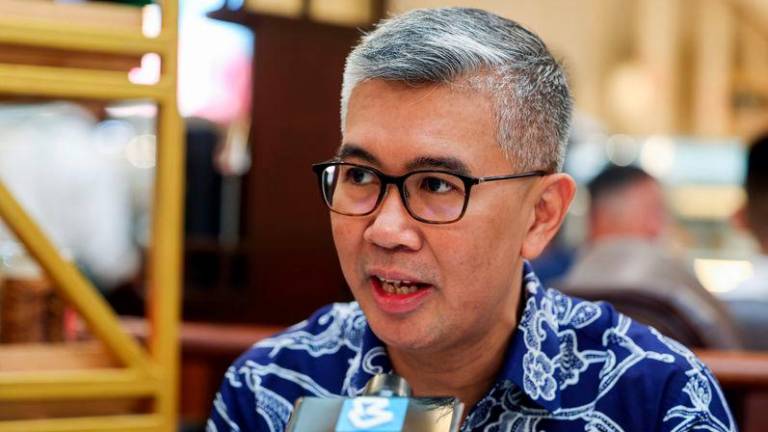WORLD Mental Health Day is to raise awareness of mental health issues around the world and to mobilise efforts in support of mental health.
The key “think globally, act locally” strategy highlights the need for all Malaysian stakeholders to work cooperatively on mental health issues, including talking about family and work issues, and what more needs to be done to make mental health care a priority for Malaysians.
Before Covid-19, our experts noted that about 30% of Malaysians suffered from mental health issues.
Strategies, including more education on mental health issues, are needed which will help to reduce the stigma for sufferers.
Stakeholders in schools, households and workplaces must learn to recognise mental health as a medical issue.
This will help reduce the stigma attached to those struggling with mental health issues and disorders.
It is critical to tackle mental health issues at an early age.
Interestingly, research in Australia suggests that young people want to learn about mental health and coping strategies in school.
Mental health education also includes educating people on how to nurture mental well-being, and seek help if necessary.
In this sense, mental health education is not just about its illness and treatment, but more importantly must focus on awareness, prevention and promotion of good mental health strategies.
With our mental health services struggling to keep up, our government must increase the budget for tertiary and post-graduate education and training of our mental health professionals.
This is an investment, not a cost as mental illness can affect core areas such as education, achievement, relationships and occupational success.
Sze Loong Steve Ngeow
Kajang










